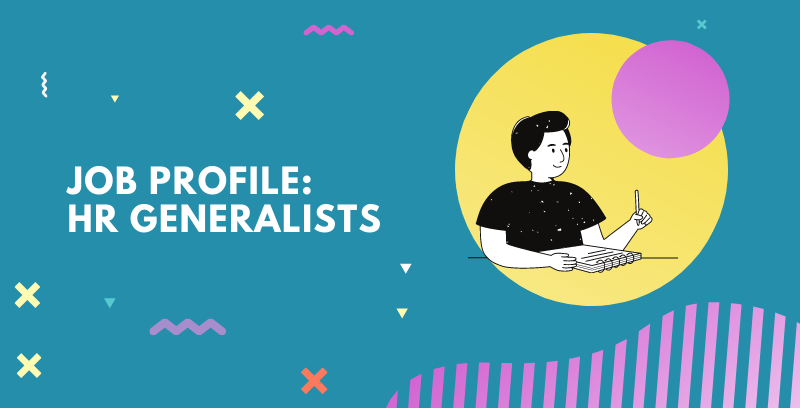The HR Generalist role is a versatile and comprehensive position within the Human Resources field. Here’s what you need to know about the HR Generalist role:
- Overview: An HR Generalist is responsible for handling a wide range of HR functions and activities, serving as a point of contact for employees and managers within the organization.
- HR Support: HR Generalists provide support and guidance on various HR matters, including employee relations, performance management, compensation and benefits, training and development, and HR policies and procedures.
- Recruitment and Onboarding: HR Generalists may participate in the recruitment process, including job posting, resume screening, interviewing, and coordinating onboarding activities for new employees.
- Employee Relations: HR Generalists handle employee relations matters, such as resolving conflicts, addressing grievances, and ensuring compliance with company policies and employment laws.
- Performance Management: They assist in performance management processes, including goal setting, performance evaluations, feedback discussions, and performance improvement plans.
- Benefits Administration: HR Generalists oversee employee benefits programs, including enrollment, communication, and addressing employee inquiries regarding benefits.
- Training and Development: They help identify training needs, coordinate employee training programs, and support employee development initiatives to enhance skills and performance.
- Policy Development and Implementation: HR Generalists participate in developing, implementing, and communicating HR policies, procedures, and employee handbooks to ensure compliance and consistency.
- Compliance and Legal: They stay updated on employment laws and regulations, ensuring the organization’s HR practices align with legal requirements and advising on compliance matters.
- Employee Engagement: HR Generalists play a role in promoting employee engagement and satisfaction through initiatives such as employee surveys, recognition programs, and fostering a positive work environment.
- Data Management and Reporting: They maintain employee records, generate HR reports, and utilize HR information systems to track and analyze HR metrics for informed decision-making.
- HR Projects and Initiatives: HR Generalists may be involved in various HR projects and initiatives, such as organizational development, diversity and inclusion programs, or employee wellness initiatives.
- Communication and Collaboration: They collaborate with different stakeholders, including management, employees, and external vendors, to ensure effective communication and implementation of HR programs and initiatives.
- HR Compliance: HR Generalists assist with ensuring compliance with labor laws, regulations, and employment standards, such as maintaining employee files and records in accordance with legal requirements.
- Continuous Learning: HR Generalists stay updated on HR best practices, industry trends, and emerging technologies to enhance their knowledge and skills in the field.
It’s important to note that the specific responsibilities of an HR Generalist can vary depending on the organization’s size, industry, and HR structure. The role often requires strong interpersonal skills, problem-solving abilities, and a solid understanding of HR practices and employment laws.

